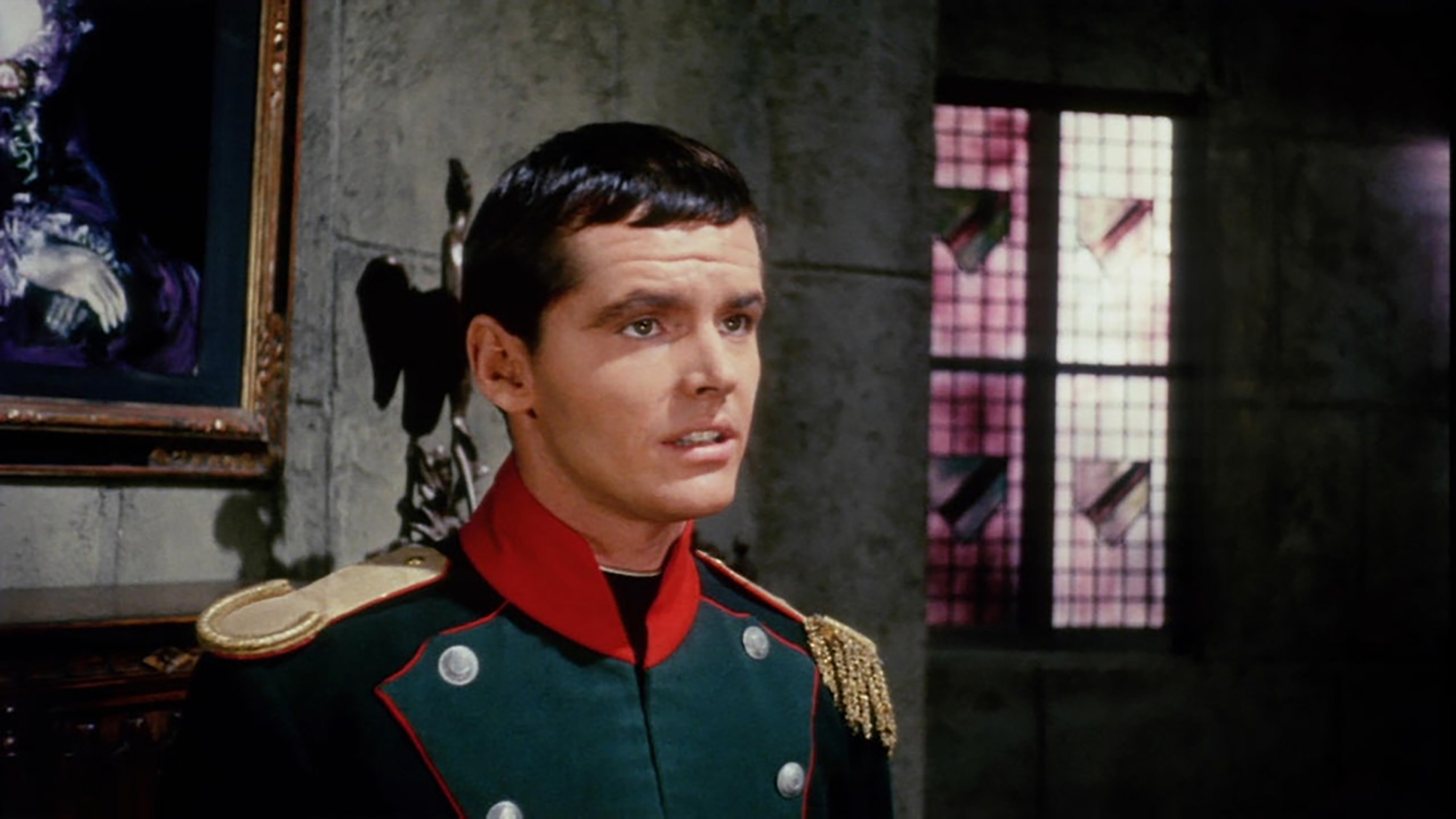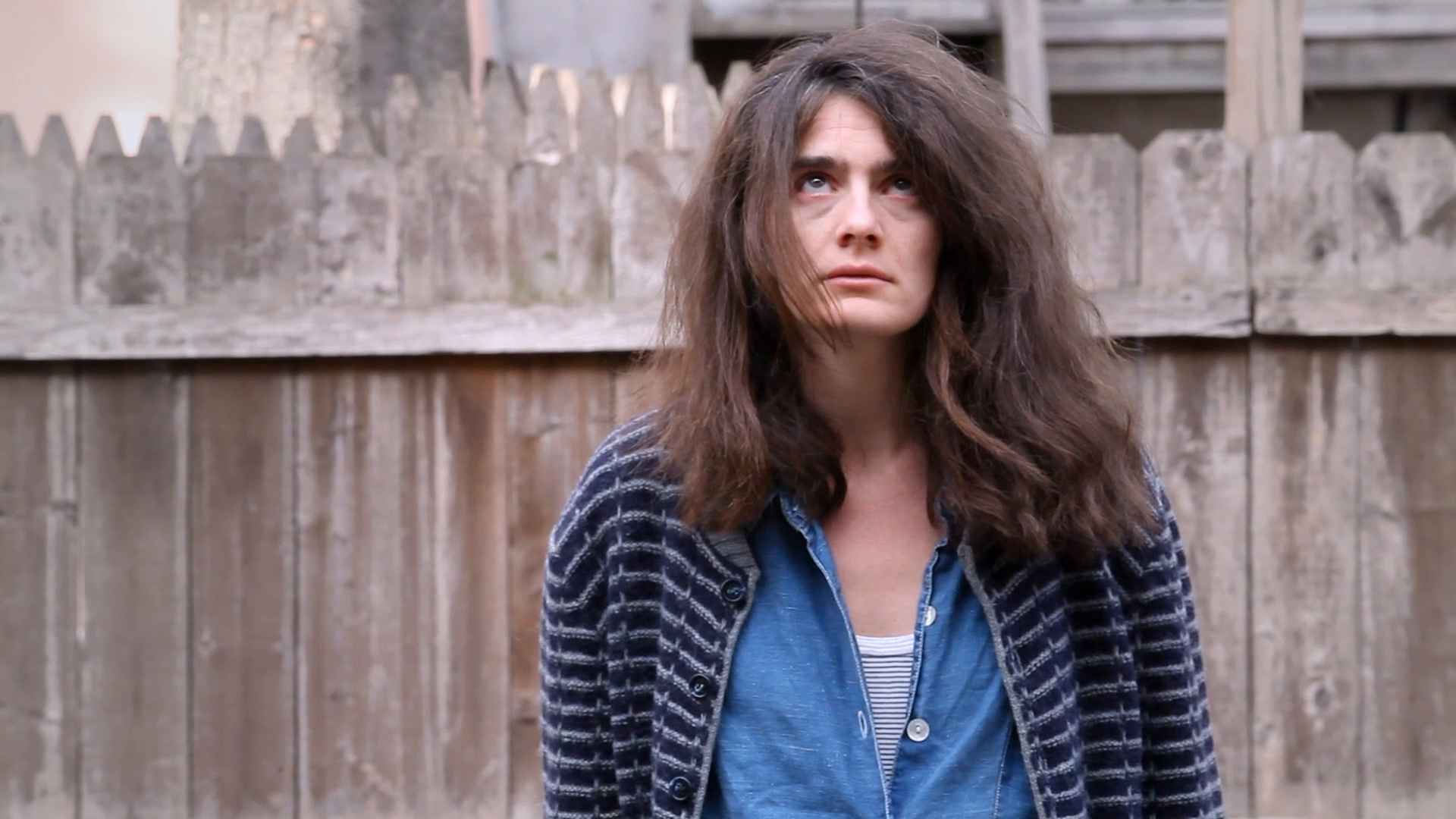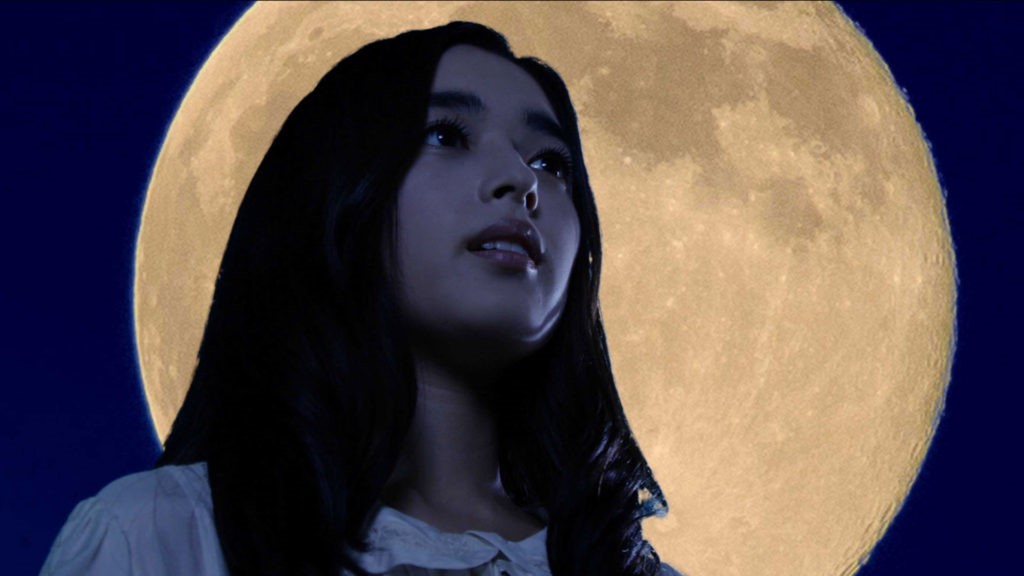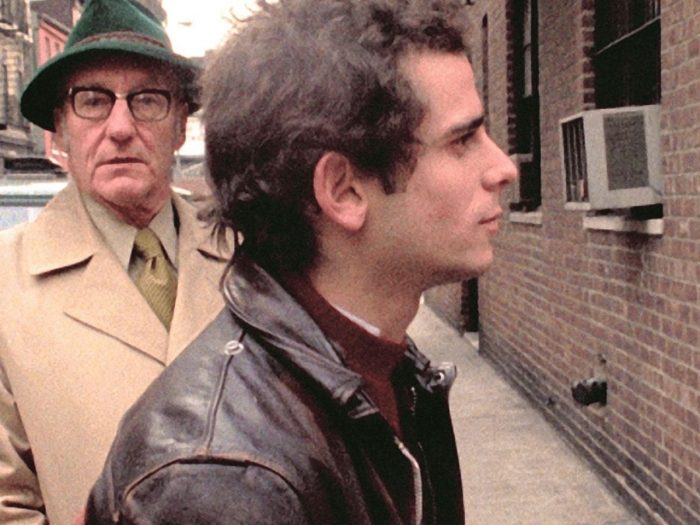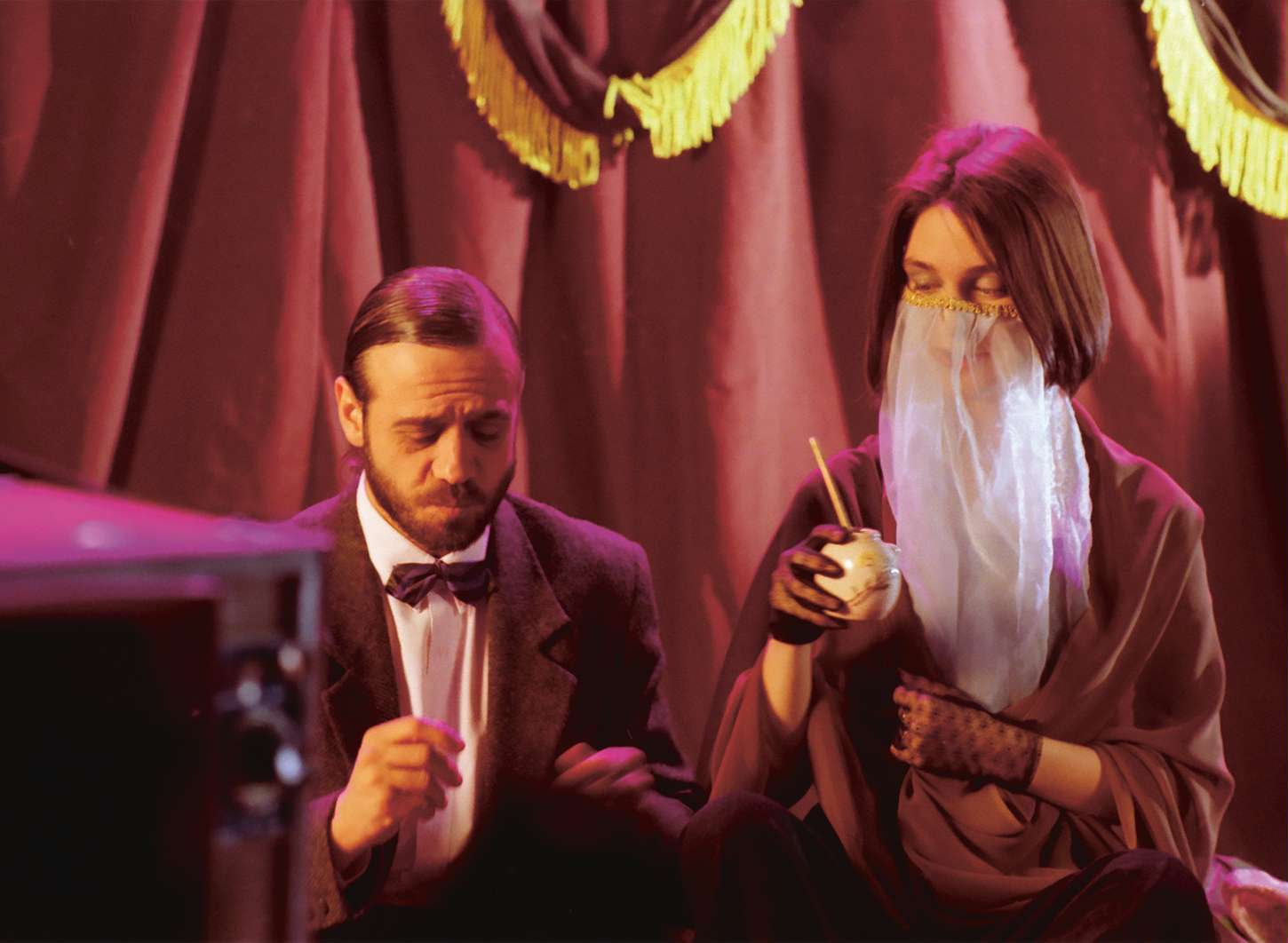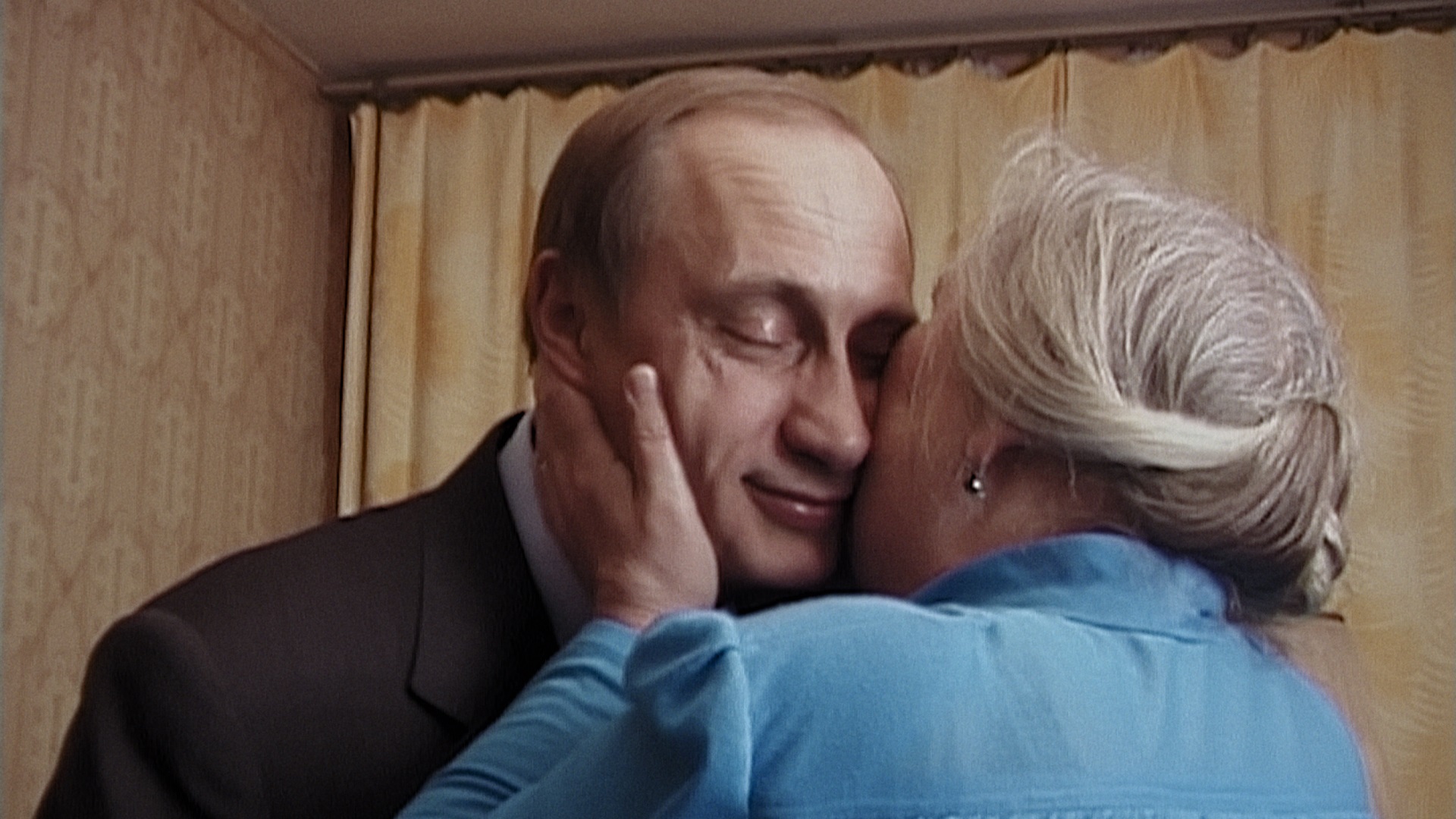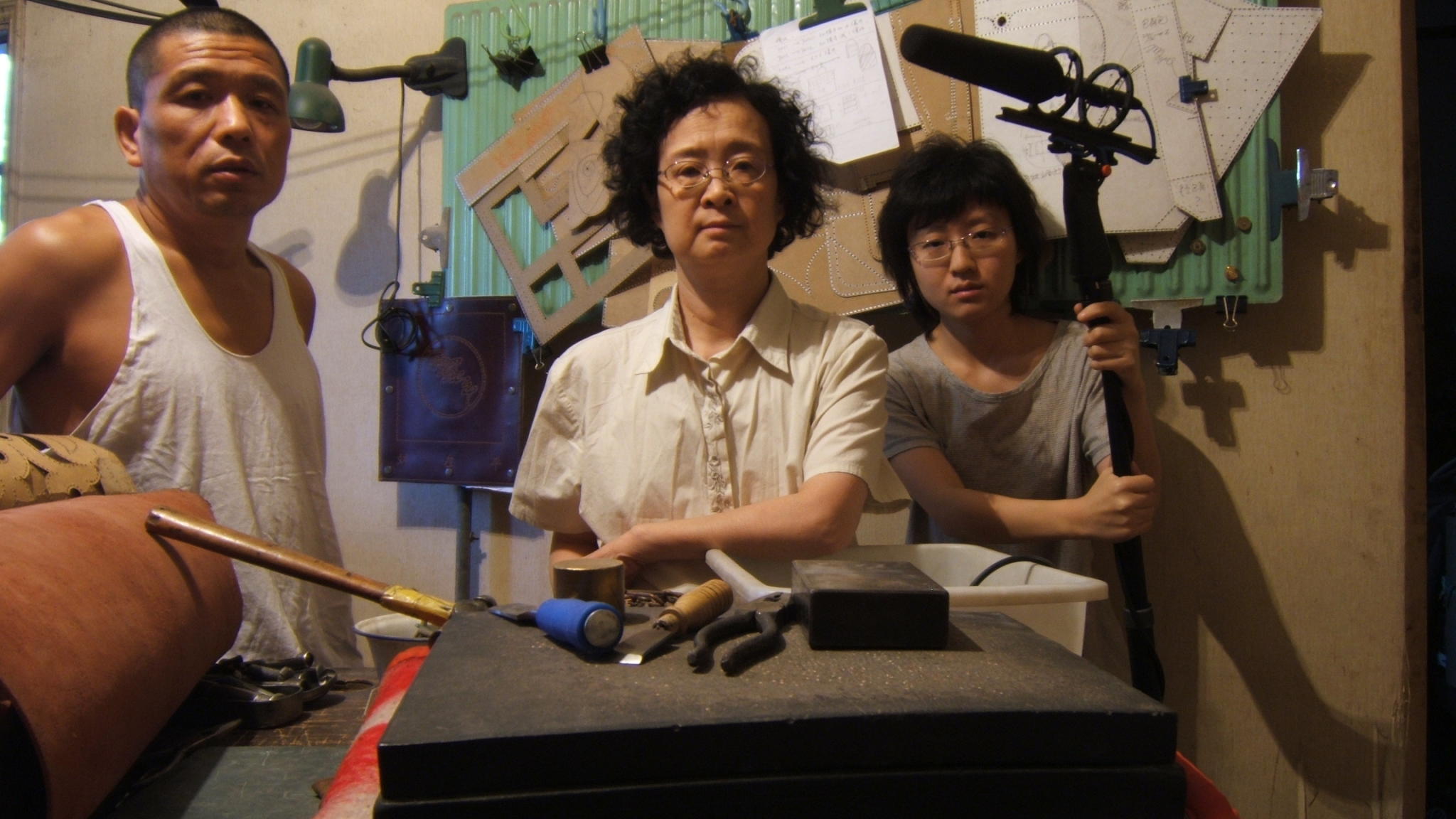Roger Corman’s “The Terror” by Will Sloan
The story goes that after completing principal photography on The Raven (1963), producer/director Roger Corman realized he still had a perfectly good castle set and a few days with nothing to do. So, he recruited one of The Raven’s stars, Boris Karloff, and two young, hungry actors who worked cheap—Dick Miller and (…hang on, let […]
The Future of Film is Female presents “LYLE”
Heading towards the fifty-fifth anniversary of the Stonewall Inn riot gives us the opportunity to reflect on how far queer rights have come, and what’s left to achieve. We present a selection of three essential, truly independent queer films from the past ten years in celebration of this month and the ongoing movement.
The Slow Craft of Oxhide II
A review by Alex Fields. In Oxhide I & Oxhide II, filmmaker Liu Jiayin takes us into a cramped Beijing apartment, casting her parents and herself as fictionalized versions of themselves. In the following post, film critic Alex Fields pays particular attention to the second installment, wherein the director fixes her camera around the kitchen […]
A. S. Hamrah Selects
Ovid asked me to recommend a selection of films streaming on their channel. Initially attracted by the documentaries they offer about musicians I love, including Ornette Coleman, Pulp, Bill Callahan, and the Magnetic Fields, instead I picked ten features that are not music docs. Nevertheless, I do have to recommend Joe Angio’s Revenge of the […]
Film Comment on “The Wandering Soap Opera”
Learn more about Raúl Ruiz's funny, beguiling final film.
Watch this weekend: “Putin’s Witnesses”
Get an up-close look at the early days of the regime in "Putin's Witnesses."
OXHIDE’s Narrative of Refraction and the Dreamy Daze of “Winter Vacation”
Jiayin Liu’s Oxhide (2005) is composed of 23 static shots, inside of a small, claustrophobic apartment in Beijing, China. Within each shot are only pieces of the apartment, along with only pieces of Liu, her mother and her father. She commits to a narrative refraction of an only child in a family of bag makers with a non-fictional rigor that eschews any kind of objective context for a Western spectator. Distinctions between the film’s events and Liu’s real life cannot be accounted for. Her presentation operates with biblical fervor, awash in every frame, are individual moments that are p

